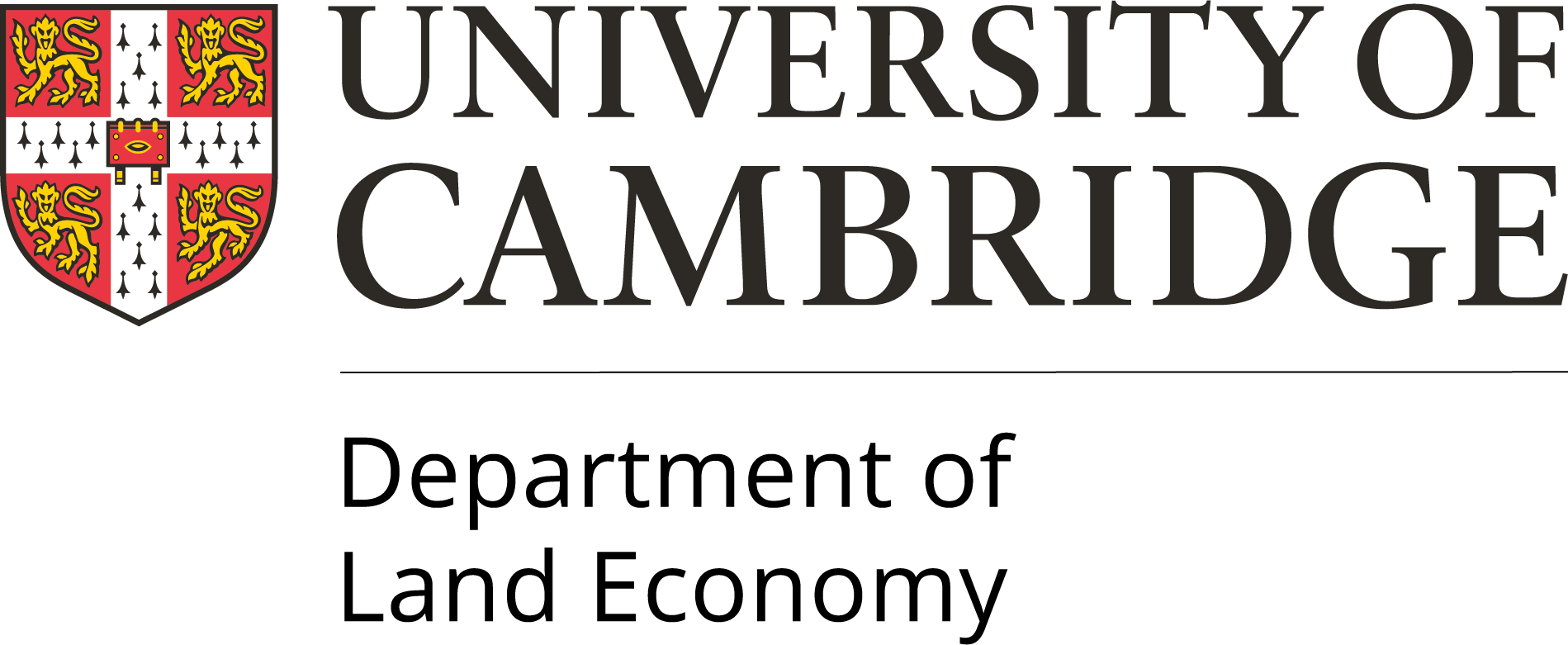Academic profile
|
Aviral Marwal is a PhD scholar at the department of Land Economy. His PhD thesis research deals with modelling the dynamics of urban form, land use and accessibility using different geosimulation modelling tools and techniques such as GIS, Agent-Based Models, and Neural Network Modeling. His research interest lies in understanding urban development in developing countries and how cities can be made sustainable and accessible for different socio-economic groups. He holds a masters degree in Development Policy Planning and Practice from the Tata Institute of Social Sciences, Mumbai, and a bachelors degree in Engineering Physics from the Indian Institute of Technology Delhi. He has worked as a Research Assistant at the Indian Institute of Management Bangalore. |
Teaching
|
Course Instructor - Introduction to Financial Economics at King’s Saud University, Riyadh in a summer school organised jointly by the Govt. of Saudi Arabia and Oxmedica Pvt. Ltd (August 2022). Course Facilitator, East-West Education Group, U.K Delivered modules on essay writing to UG Chinese students (online, Part-time, October 2020-July 2022) MPhil Big Class Supervision, MM3 Business Economics, Judge Business School, University of Cambridge (LT-2023) Undergraduate Example Classes, 3E1 Business Economics, Department of Engineering, University of Cambridge (MT-2022) Undergraduate Small Group Supervision, MS 3 Economies of Firms and Markets, Judge Business School, University of Cambridge (MT-2022) MPhil Small Group Supervision, EP02 Environment Economics and Policy, Department of Land Economics, University of Cambridge (2021) Undergraduate Small Group Supervision, Paper 5 Environment Economics and Law, Department of Land Economics, University of Cambridge (MT-2021) Undergraduate Small Group Supervision, MS 2 Quantitative Methods, Judge Business School, University of Cambridge (MT-2021) |
Research interests
|
Land use simulation integrating Neural Network and Agent Based Models; Modeling the dynamics of residential location choice based on rent and commuting prices using agent based model in Netlogo; |
Publications
|
Publications: 2. (Under revision) Marwal, A., & Silva, E. (2023). City affordability and residential location choice: a demonstration using an agent-based model. Habitat International
1. Marwal, A., & Silva, E. (2023). Exploring inequity in accessibility to services with neighbourhood built-up type and household income: A case for accessibility justice in Delhi. Environment and Planning B: Urban Analytics and City Science.
Case Study 1. Marwal, A., Naik, G., and Dalhia, M. (2020). The Saboo Foundation Model of Philanthropy: How a Self-Made Man Created Thousands More. IMB 844, Harvard Business School Case Study Conference Presentations 1. Regional Science Association International - BIS (UK), “Exploring Spatial Relationship Between Population Density and Points of Interest in City of Delhi” (2021) |
Category/Classification
|
Urban development, Spatial Modeling |

